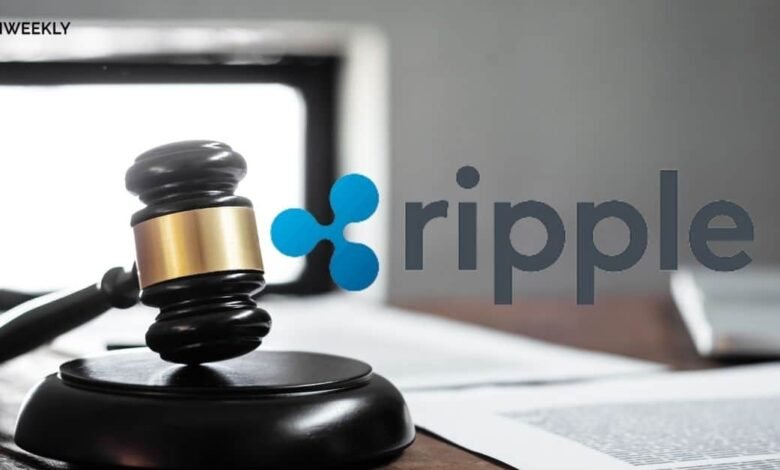SEC Counters Ripple’s Arguments, Emphasizes Need for Regulatory Adherence

You are here: Home / News / SEC Counters Ripple’s Arguments, Emphasizes Need for Regulatory Adherence

In its ongoing legal battle with Ripple, the SEC has made another crucial move by filing its redacted remedies reply brief and providing supporting exhibits. The filing emphasizes the importance of the requested injunctions and revolves around one central issue: whether or not Ripple will repeat past infractions.
The company’s acknowledgment of liability for violations over a long period was an important factor pointing to an increased risk of repeating violations coupled with its continued participation in unregistered XRP sales, which are a mainstay of its business. The SEC swiftly dismisses Ripple’s rebuttal regarding the degree of recklessness, citing prior court rulings that have rejected similar arguments.

Additionally, the company’s assertion of providing information to the SEC in 2013 is countered by highlighting the inadequacy of the provided information and Ripple’s subsequent actions contradicting legal advice. The company’s arguments regarding post-complaint changes are similarly refuted, with the SEC emphasizing their insufficiency and misinterpretation of court guidance.
Efforts by the company to challenge the SEC’s conduct in delaying action are summarily dismissed, with the SEC justifying the investigation timeline and diligent prosecution. Furthermore, its refusal to admit wrongdoing draws criticism from the SEC, which highlights attempts to deflect blame and minimize culpability. The relevance of licenses obtained from different jurisdictions is deemed inconsequential by the SEC, equating it to obtaining a fishing license in California while operating a restaurant in New York.
Firm Rejection of Ripple’s Requests
Requests by Ripple to modify proposed injunctions are firmly rejected by the SEC, which argues for the necessity of specific injunctions to deter future violations. Invoking congressional authorization, the SEC emphasizes the importance of adherence to regulatory processes and the disqualification of those enjoined from securities violations.
However, when it comes to disgorgement, the SEC stands firm against arguments presented by the company which asserts that pecuniary harm resulted from non-disclosure as required by law. Similarly, attempts by Ripple to compare fines with settlements made in other cases have also been rebuffed on the ground that penalties must reflect gravity of offenses committed and need to serve as deterrent factors.
Reactions from stakeholders have been seen following these developments. Stuart Alderoty the Chief Legal Officer of Ripple expressed his dissatisfaction with SECs approach, meaning that he is concerned about absolute fairness and respecting international regulatory frameworks.
More of the same from the SEC — failing to faithfully apply the law and trying to pull the wool over the Judge’s eyes. The good news is that we are closer than ever to putting this lawsuit behind us, though unfortunately, many are just starting the journey. We trust the Court… https://t.co/JGhxAtOuk1
— Stuart Alderoty (@s_alderoty) May 7, 2024
On the other hand, Bill Morgan, provided some enlightenment on the intricacies of the SEC’s response to this effect pointing out possible areas of disagreement and signaling a possibility for more legal wars especially in relation to permanent injunction and ODL sales.
The SEC Reply is quite interesting and in some respects on the injunction issue compelling.
1. The issue of financial harm
This issue is relevant to whether there should be any disgorgement. This requires that there be some financial harm to institutional buyers of XRP from…
— bill morgan (@Belisarius2020) May 8, 2024
Related Reading | Ethereum’s Layer 2 Landscape: Base Secures Leading Edge in Capital Influx




